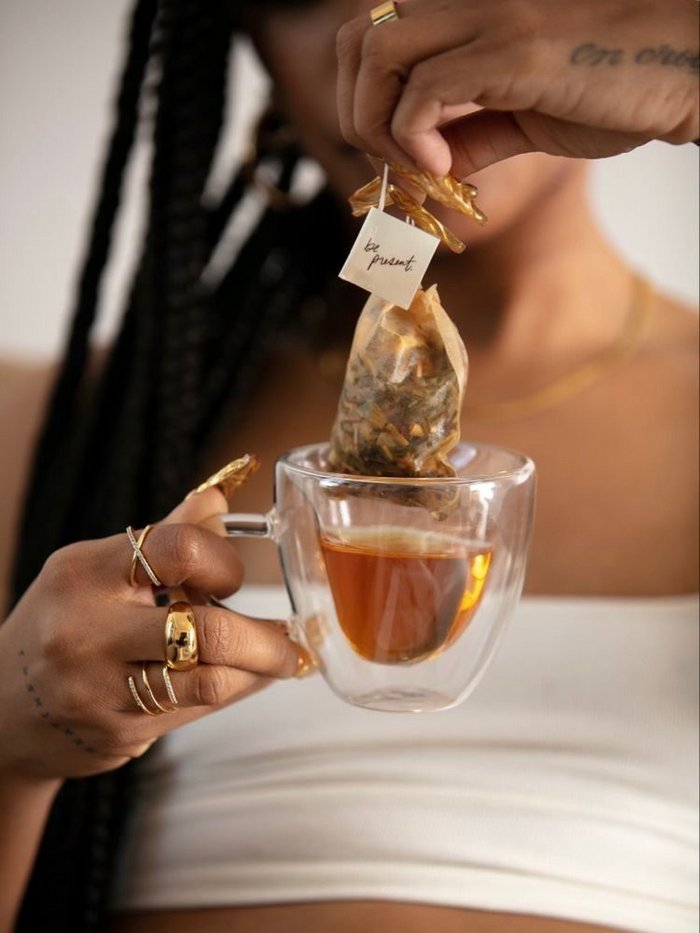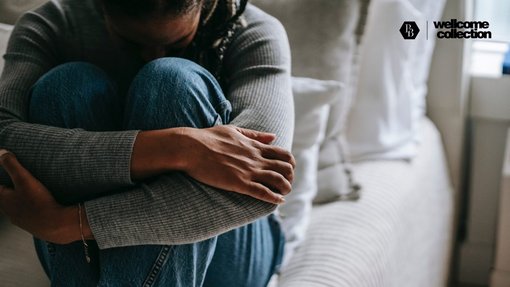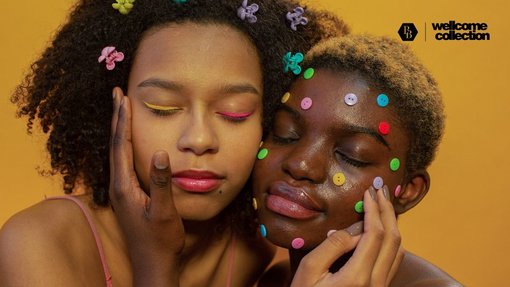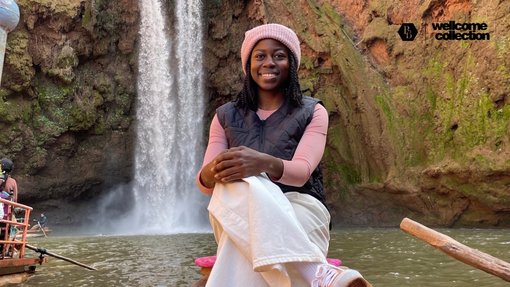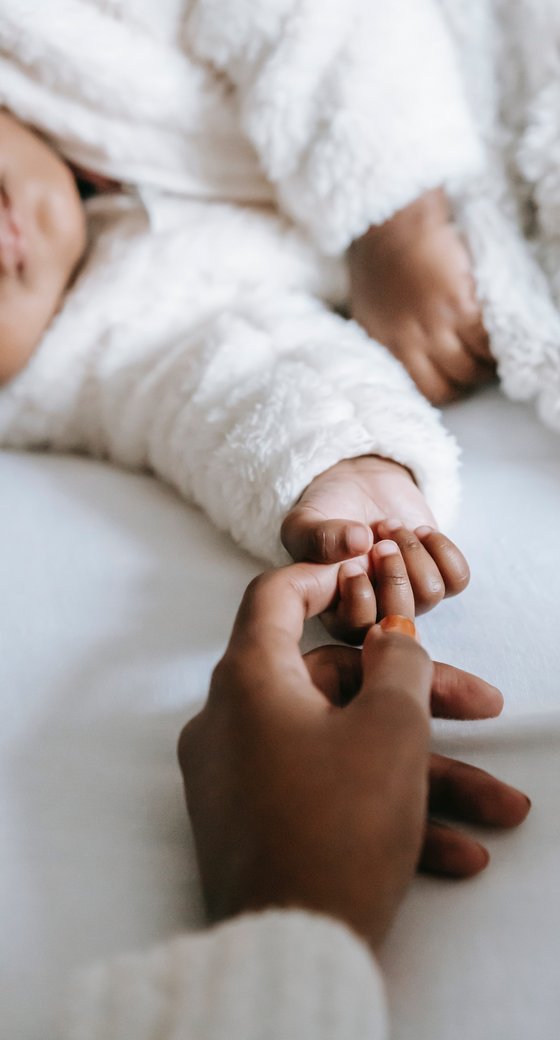
Community care
Illyin Morrison, a 30-year-old birth-trauma-specialist midwife and qualified hypnobirthing instructor from Norwich, is another Black woman advocating for the importance of sharing stories, workloads and information.
She relies heavily on communal care to safeguard her own health. Illyin shares candidly the importance of her “village” to protect her wellbeing as a Black mother of two.
She says, “For me, the root of communal care is in fact family – chosen or given… our power is in togetherness… in collective reflection.”
Illyin dedicates much of herself to growing an online community on Instagram. There she regularly interacts with her virtual network, using the space to educate, empower, answer questions and document.
Having felt “unseen, unheard and unsupported” during the birth of her first child, Illyin describes that experience as one that changed her personally and professionally. After having her daughter, she left clinical midwifery and transitioned into perinatal trauma, setting up her own private practice.
She now provides postnatal and prenatal debriefing sessions to parents as “an opportunity to speak through your birth experience or to discuss your fears… find closure and feel validated”.
Illyin is vocal in her work about the importance of addressing racial inequalities within maternal care. She says, “If we can have better care and outcomes for Black and Brown women, then we will all receive good treatment.”
In her book, ‘The Birth Debrief’, Illyin dedicates three chapters to race (‘Birthing While Black’, ‘The Myth of the “Angry Black Woman”’, and ‘Do Black Women Feel Pain?’).
This is significant because in childbirth and maternity literature that is not specifically about racial justice, there are often no chapters devoted to race.
In the first, she recommends Black expectant mothers “choose appropriate birth support” as a means of self-protection. This includes educating your support person on issues such as racial stereotyping and preparing them to advocate for you most effectively.
Image by William Fortunato / Pexels.
